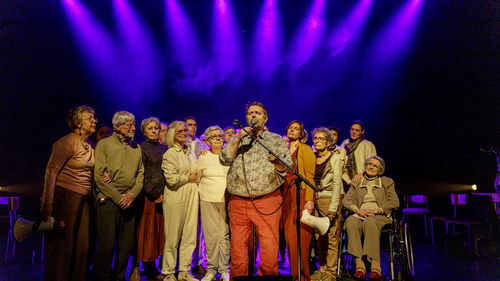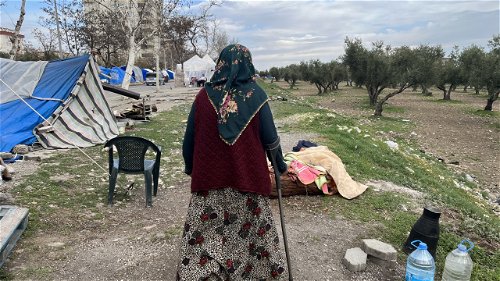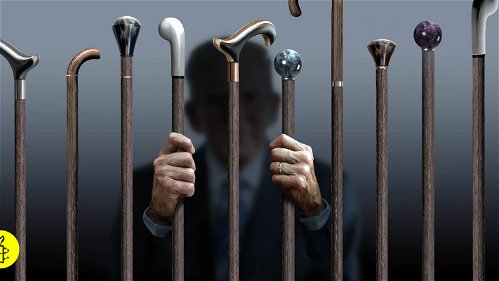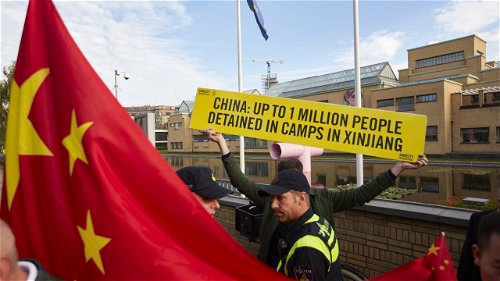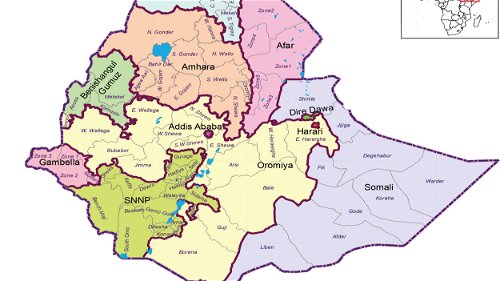
België: Kamer keurt boerka-verbod goed
Amnesty International veroordeelt het verbod op kleding die het gezicht geheel of grotendeels verbergt dat donderdag 29 april met een overweldigende meerderheid werd goedgekeurd in de Belgische Kamer.
141 kamerleden stemden voor het verbod, twee onthielden zich. Niemand stemde tegen.
"Een algemeen verbod op gezichtssluiers is in strijd met de godsdienstvrijheid en de vrijheid van meningsuiting van vrouwen die een boerka of nikab dragen als uiting van hun identiteit of geloofsovertuiging", zegt John Dalhuisen, Amnesty International’s expert op het gebied van discriminatie in Europa.
"Het Belgisch verbod op volledige gezichtssluiers is het eerste in Europa, een gevaarlijk precedent. Een inperking van een mensenrecht kan nodig zijn, maar het moet altijd evenredig zijn aan een legitiem doel. Een volledig verbod op gezichtssluiers is dat niet", aldus John Dalhuisen.
Vervolg van het Engelstalig persbericht
Amnesty International is calling on the Belgian Senate to exercise its prerogative to review the law and carefully consider it in the light of Belgium’s obligations under international human rights law. The Senate should ask for an opinion from the Belgian Council of State on the legality of the measure.
Though the law is worded in general terms so as to criminalize any covering of the face that would prevent identification, it is clear from the parliamentary debates that the law’s main aim is to prevent Muslim women from wearing full veils such as the burqa or the niqab.
Belgian politicians have argued that the law is necessary for public security and to protect women from being forced to wear full-face veils.
Under international human rights law, the only legitimate grounds for restricting the rights to freedom of expression and religion are the preservation of public security, order or morals and the protection of the rights of others.
Amnesty International believes that legitimate security concerns can be met by targeted restrictions on the complete covering of the face in well-defined high risk locations.
Individuals may also be required to reveal their faces when objectively necessary.
“In the absence of any demonstrable link between the wearing of full face veils in Belgium and genuine threats to public safety, there can be no justification for the restriction on the freedom of expression and religion that a complete ban on the wearing of face veils in public places would entail,” said John Dalhuisen.
States do have an obligation to protect women against pressure in their homes or communities to wear full face veils and should do this by intervening in individual cases through criminal or family law systems.
They must also combat gender stereotypes that result in the discrimination of women. This will require a range of social and public policy and education measures.
“Far from upholding the rights of women, such a general ban would violate the rights of those who choose to wear full face veils, while doing little to protect those who do so against their will, who risk even greater confinement as a result. The obligation to combat discrimination cannot be fulfilled by imposing a measure that is itself discriminatory,” said John Dalhuisen.
